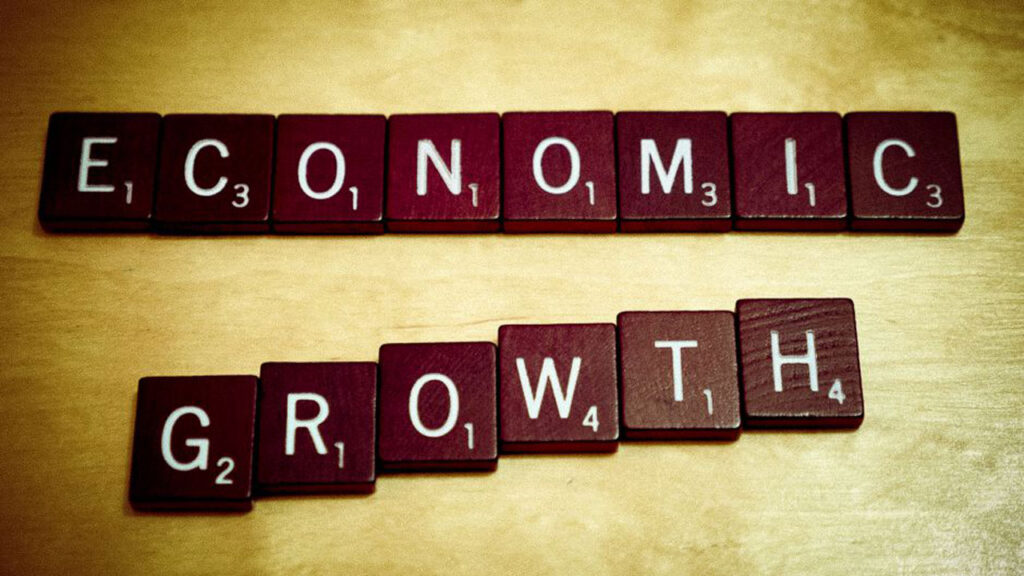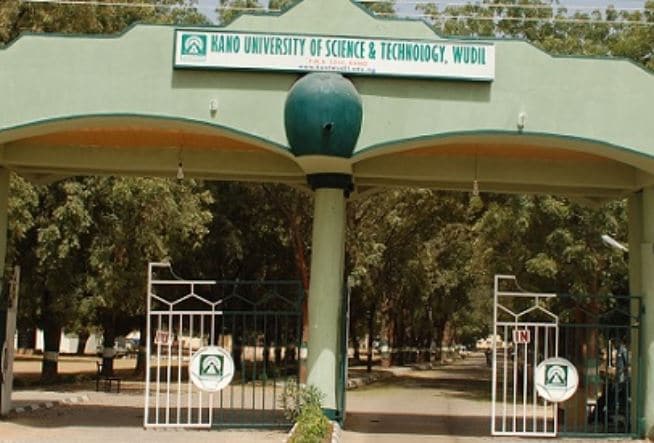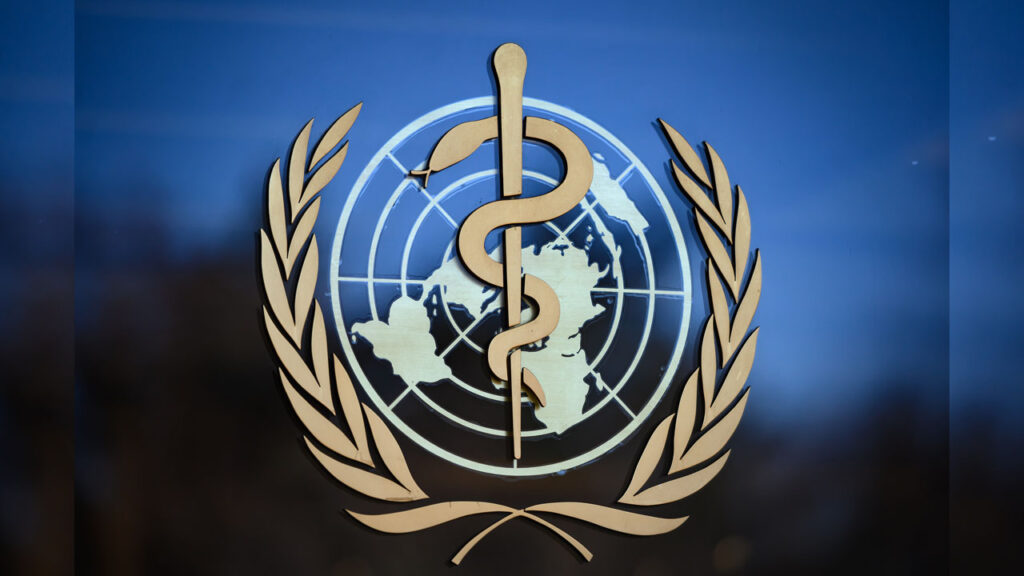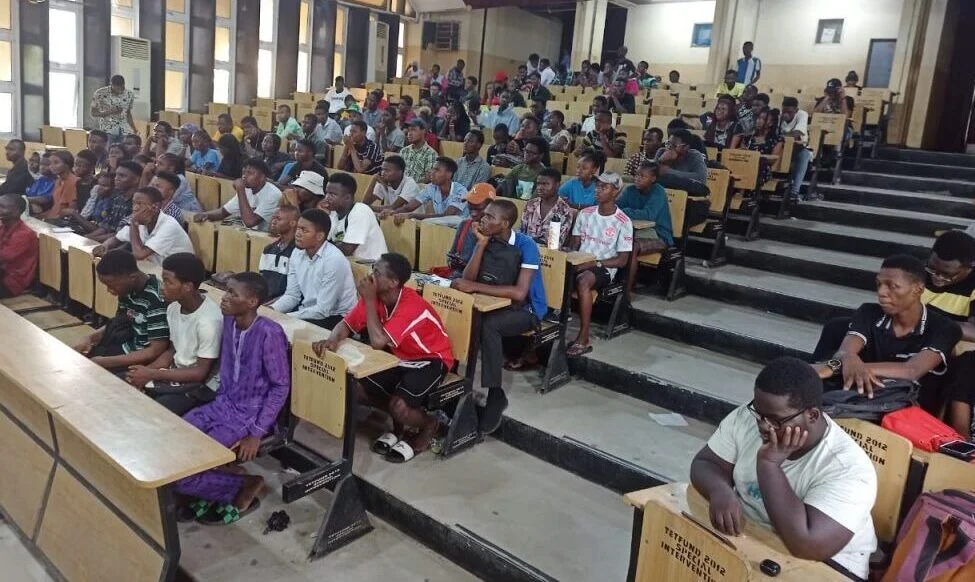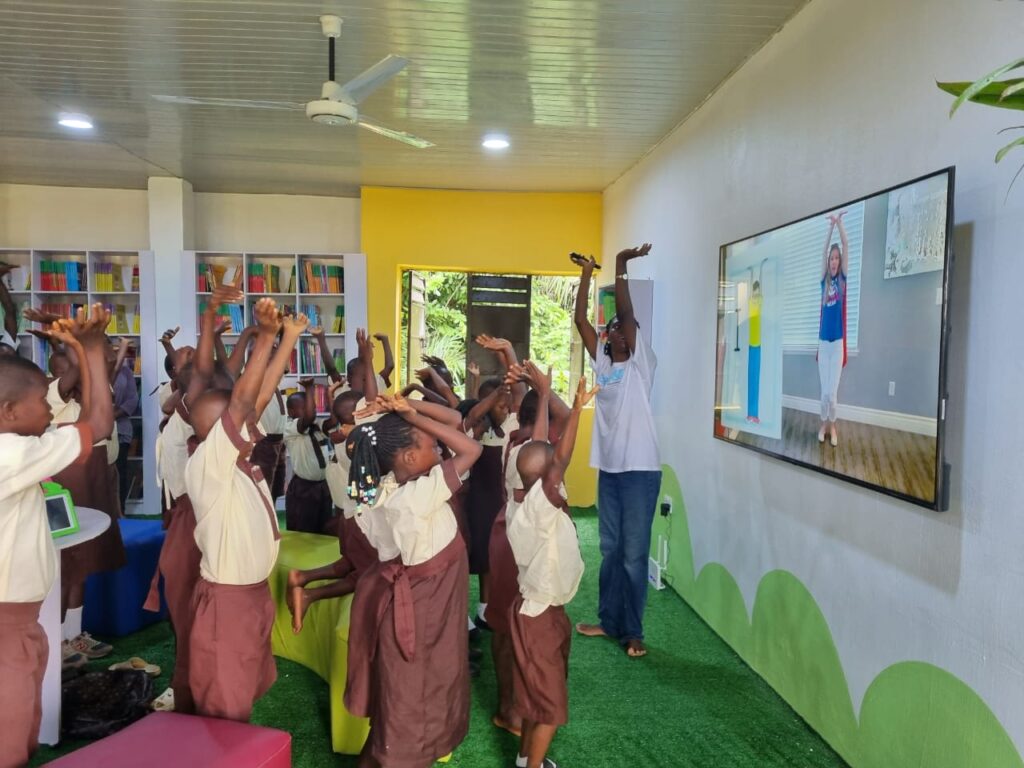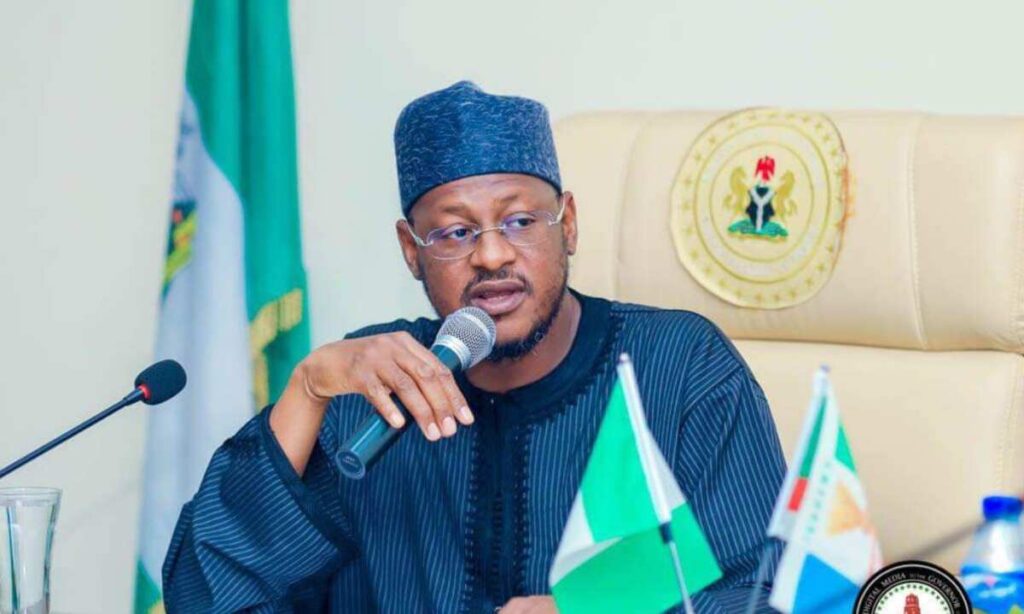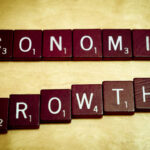
Stakeholders in the educational sector have emphasised the critical role of education in poverty reduction and economic growth. They highlighted how education profoundly impacts individual lives, contributing to national development.
A Professor of Comparative Law in Family, Succession & Trusts in the Department of Private & Property Law at the Faculty of Law, University of Lagos, Dr. Nwudego Chinwuba, highlighted the importance of elementary education during the unveiling of ‘The Eastern Side of Yaba Town: A Story of Ladi-Lak Institute and Lagos Elementary Education.’
Chinwuba mentioned that education harnesses the faculties of the mind, brain, and body to reduce poverty, increase individual earnings, reduce economic inequalities, promote economic growth, advance efforts at maintaining the planet, awaken the human mind to a positive interaction with the brain and distinguish humans from savages.
He said: “Last year, when the United Nations (UN) committed to the 2030 agenda for sustainable development, they recognised that “eradicating poverty in all its forms and dimensions, including extreme poverty, is the greatest global challenge and an indispensable requirement for sustainable development.
Considering the changing nature of the global economy, driven by technological advancements and globalisation, it is now more important than ever to invest in human capital, ensuring that everyone has the skills necessary to succeed. According to recent estimates, up to two billion of today’s jobs are at risk of being replaced by automation by 2030.”
He emphasised that education is a fundamental human right, as enshrined in Article 26 of the Universal Declaration of Human Rights, which states that education shall be directed towards the full development of the human personality and the strengthening of respect for human rights and fundamental freedoms.
According to Chinwuba, it also promotes understanding, tolerance, and friendship among nations, and racial or religious groups, supporting activities of the UN for the maintenance of peace. He added that parents have a prior right to choose the kind of education to be given to their children.
He urged everyone to pay more attention to their children and their early education, which begins from birth to early childhood. The professor of law recommended charity in society as a tool for improving the educational system and contributing to humanity.

